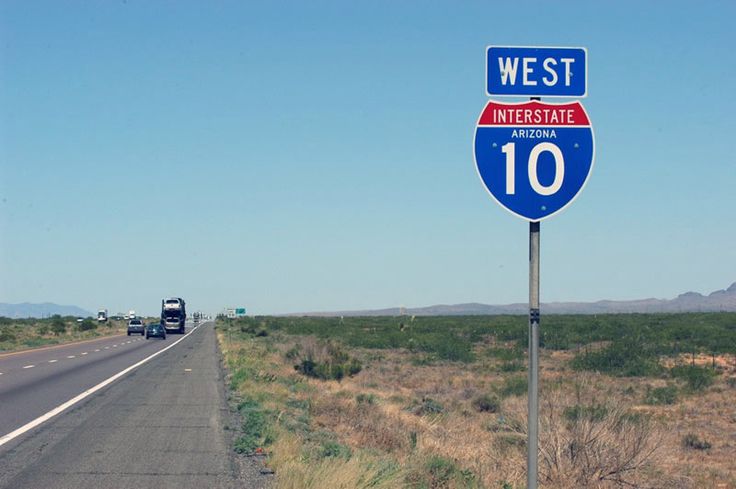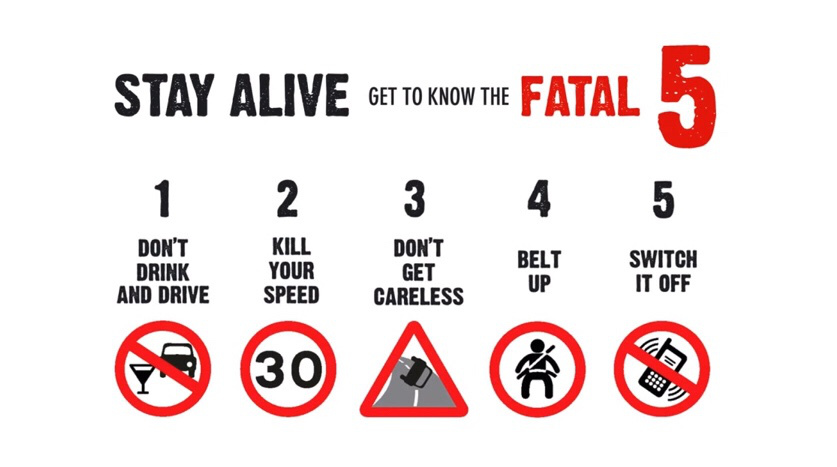In the Los Angeles Times Opinion piece titled “Law-abiding gun carriers who cross state lines should not be treated like criminals,” readers voiced their concerns in response to “No matter how they dress it up, the Concealed Carry Reciprocity Act is really bad policy.” One concern read:
“Say I am a doctor, lawyer, professor of businessman living in Arizona, Nevada, or Oregon, who is driving to California to visit my family and grandchildren for the holidays. I have never even received a parking ticket, but I have a permitted carry handgun in my car like I have every day in my home state.
“In California, I risk facing charges the minute I cross into the state under current law even if I have done nothing wrong. There are many people that fit this profile. If for any reason the weapon is discovered, someone can go to jail, pay thousands to a lawyer and even lose his or her job.”
In this “hypothetical” from the reader, as is probably likely for other law-abiding citizens, there is no clear concern about confusion. The reader is aware that laws are different in California compared to surrounding states and would be subject to those laws.
Very simply put, according to the State of California Department of Justice, “only residents of a [Californian] city may apply to a city police department for a CCW license,” thus only California residents can have concealed weapons in California.
To ease the reader’s anxiety when traveling to California the next time, according to California Penal Code § 25610, the law…
“shall not be construed to prohibit any citizen of the United States over the age of 18 years who resides or is temporarily within this state, and who not prohibited by state or federal law from possessing, receiving, owning, or purchasing a firearm, from transporting or carrying any pistol, revolver, or other firearm capable of being concealed upon the person, provided that… (1) the firearm is within the motor vehicle and it is locked in the vehicle’s trunk or in a locked container in the vehicle [emphasis added].”
 Photograph via equipmentworld.com
Photograph via equipmentworld.com
If the reader was traveling to Los Angeles from out of state, he or she should be aware that CCW licenses are awarded to Los Angeles County residents, however, this doesn’t allow non-residents to carry. Los Angeles residents must meet “good cause” requirements. According to the Los Angeles County Sheriff’s Department, good cause is a “clear and present danger to life, or of great bodily harm to the applicant, his [or her] spouse, or dependent child, which cannot be adequately dealt with by existing law enforcement resources, and which danger cannot be reasonably avoided by alternative measures.”
Potential Consequence of H.R. 38
Essentially the bill proposes to do away with individual state’s requirements like good cause and implement an across the board rule that states if someone has proper identification and permit and legally can carry a concealed weapon in his or her resident state, then they have the right to do so in other states or municipalities that allow concealed weapons.
For example, Illinois set a high bar for their own residents to carry concealed weapons and, according to 430 ILCS 66/40(b) (Non-resident license applications), non-residents can apply and receive an Illinois license if their home state laws “are substantially similar to the [Illinois] requirements to obtain a license.”
Not all laws are similar across the country, hence the reason Illinois added 430 ILCS 66/40(b). For instance, there are states that have few to little regulations including, but not limited to, Alaska, Maine, Missouri, and New Hampshire. States without regulation are known as unrestricted states.
Because some states are unrestricted states, this means if H.R. 38 becomes law, an adult from that state—also known as constitutional carry states—with identification would legally be allowed to conceal a weapon in states that currently have stricter regulations without undergoing an investigation.
As of now there are laws, like Illinois’, prohibiting such scenarios across the country. For another example, residents from New Hampshire—an unrestricted state—cannot travel into Massachusetts with a concealed weapon. If they did, they would be violating MGL c.140, s.131G. This law (Non-Residents Carrying Firearms: Pistol or Revolver) states “Any person who is not a resident of the commonwealth may carry a pistol or revolver in or through the commonwealth for the purpose of taking part in a pistol or revolver competition or attending any meeting or exhibition of any organized group of firearm collectors or for the purposes of hunting.”
A Class B license (non-large capacity) in Massachusetts allows residents to “purchase, rent, lease, borrow, possess and carry” handguns, but this does “not entitle the holder thereof to carry or possess a loaded firearm in a concealed manner in any public way or place.” If the New Hampshire resident wished to travel into another regional state and continue to conceal their weapon, they may do so in Maine and Vermont, but no other New England states. An interesting fact: In New Hampshire, 85,567 (~15% of the total population) residents reported in 2011 that they worked in and commuted to Massachusetts.
The reasons why people travel between states can vary. More than not people who live near state lines often cross those lines daily for work. According to a United States Census Bureau study in 2011, “The District of Columbia has the highest rate of out-of-state commuters among its resident workers at 25.2 percent, followed by Maryland at 18.3 percent.” People also frequently cross state lines in the New York, New Jersey, Pennsylvania tri-state area for work.
In 2011 there were 5,284,975 workers who worked in a different state from which they lived. In a study by the Crime Prevention Research Center titled “Concealed Carry Permit Holders Across the United States: 2016,” the average percent of adults with concealed carry permits is ~6.3%. If six percent of the interstate workers held a concealed carry license and brought their weapons across state lines during their commute, that would equate to approximately 317,000 handguns crossing state lines daily.
All Citations will be included in the third post
Advertisements Share this:




